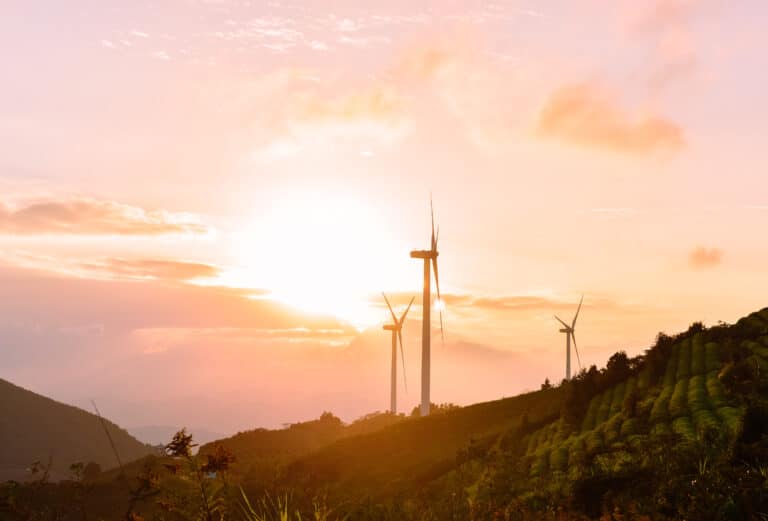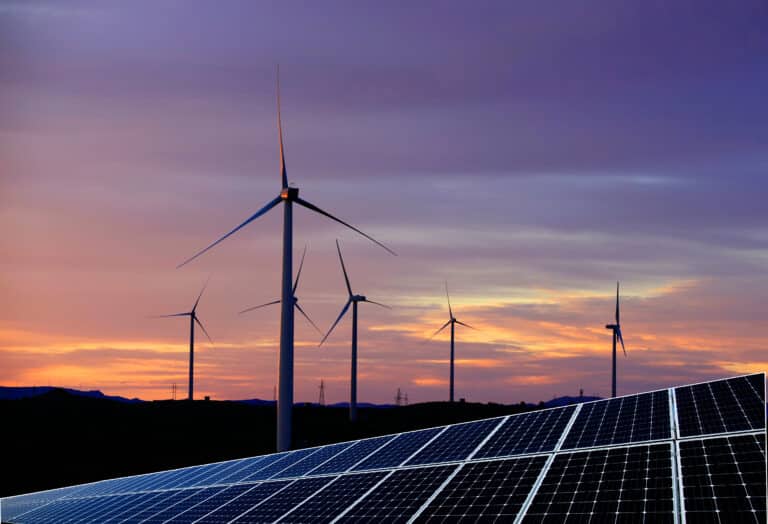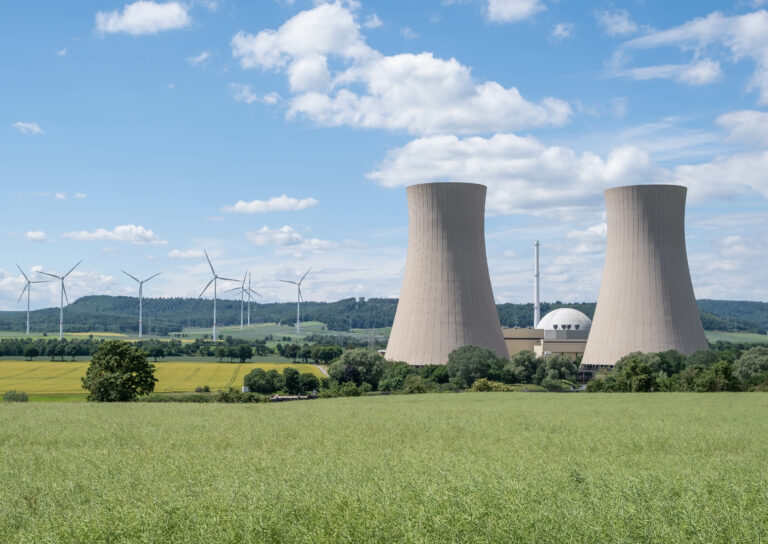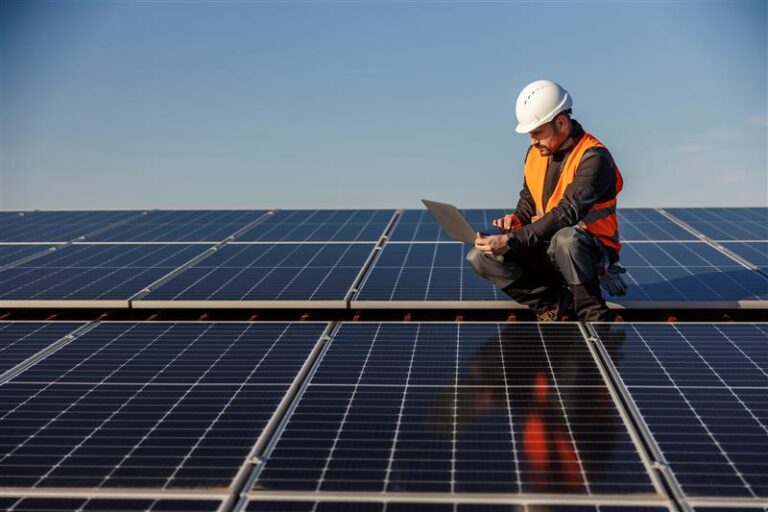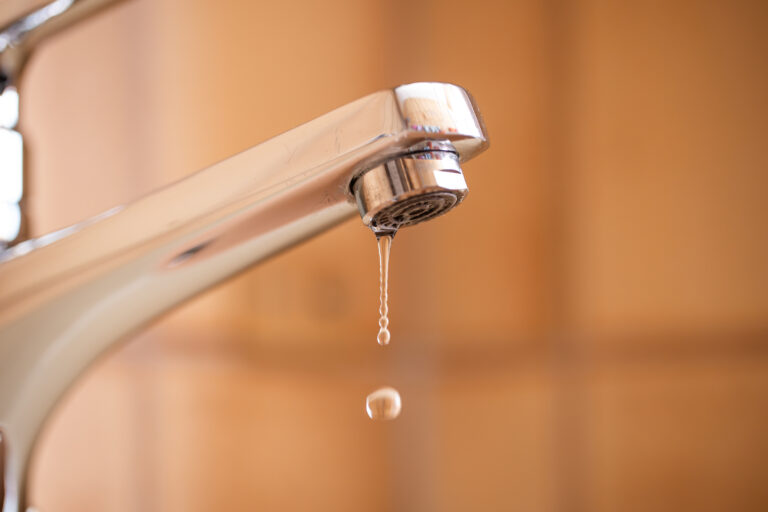The importance of energy literacy
The era of global warming has ended and “the era of global boiling has arrived”, announced the UN secretary general, António Guterres, after scientists confirmed July 2023 was the world’s hottest month recorded.
Now, more than ever, it is critical that we understand energy and its role in the world and our day-to-day lives so we can make informed energy decisions and reduce our usage. This is called energy literacy and, at its most basic, being energy literate enables an understanding of what uses energy, how much it consumes, and the cost. More broadly, energy literacy encompasses an understanding of where energy comes from, the technologies used to harness and convert it, energy policies and regulations, and the impact our energy choices will have on future generations.
What advantages does being energy literate bring?
The most common advantage of energy literacy is cost reduction. We all know that we can save on energy bills by consuming less energy, but an energy literate person knows which areas of their organisation to target for the best results, and where most of the wasted energy is originating from. An organisation should be aiming to reduce waste, use energy more efficiently, and make the right decisions regarding their energy usage, but this can’t be done without an understanding of where the energy is being used and to what degree. An energy audit of your premises will provide a comprehensive review of the energy used by all end users across your sites to offer insight into areas where cost effective energy, operating and carbon savings can be achieved.
At a more basic level, you can calculate how much electricity your devices are using with some simple calculations. Take a look at your electricity bill. Take the total monthly cost and divide that by the total energy consumption The resulting figure is your cost per unit.
A quick and simple way to find out what your devices are using is to look at the packaging or on the device itself. There will be an information panel that tells you the device’s maximum power in watts.
If you take this figure, multiply it by the duration it is that it has been used for in hours, then divide by 1000, you’ll have your device’s kWh consumption. It is a rough and unreliable answer, but helpful for guidance on your appliances’ energy consumption. For instance, the kettle in our office says it uses 2520-3000W (kettles are notoriously power-hungry). Assuming we take the average amount of 2760W and it’s in use for three hours per day, we can make a rough calculation for its power consumption in kWh:
2760 (watts) × 3 (hours) ÷ 1000 = 8.28 kWh
You can then multiply the kWh by the cost of your unit of electricity to calculate the cost to run the device. Note, this method relies on appliances running at the wattage they have labelled, which is usually representative of the maximum. Most appliances use about half that figure.
Why should an organisation be energy literate?
Changing how you use energy can offer immediate savings on your energy bill, but knowing what kind of energy you use and if there are more efficient and environmentally-friendly energy options can have a lasting effect on your organisation, not to mention the planet. With reduced energy consumption comes fewer carbon emissions and a smaller carbon footprint. This reduces the effect of global warming and the depletion of natural resources and reflects more positively on your organisation.
One of the key principles of energy literacy is that the quality of life for people and society is directly affected by the energy choices we make. These choices will have a direct impact on future generations, and that choice will be recognised. Energy literacy allows you to see all your options, their advantages and their consequences, helping you to make the right choice.
How can you become more energy literate?
It’s about more than implementing energy-saving measures, it’s also about being an energy champion by imparting the knowledge onto others and encouraging them to join you. At work, you can demonstrate the benefits to employees and at home or in a school, you can educate young people to become more energy literate.
Being an energy literate organisation is about understanding energy and making choices that have a positive impact on your organisation and society as a whole.
Get started by visiting our Market Watch page, where you can find useful resources to help you understand the world of energy and subscribe to daily bulletins to keep up to date with the latest movements in the energy market.
Alternatively, help your organisation become more energy literate, contact us today to schedule a consultation with one of our energy experts.






